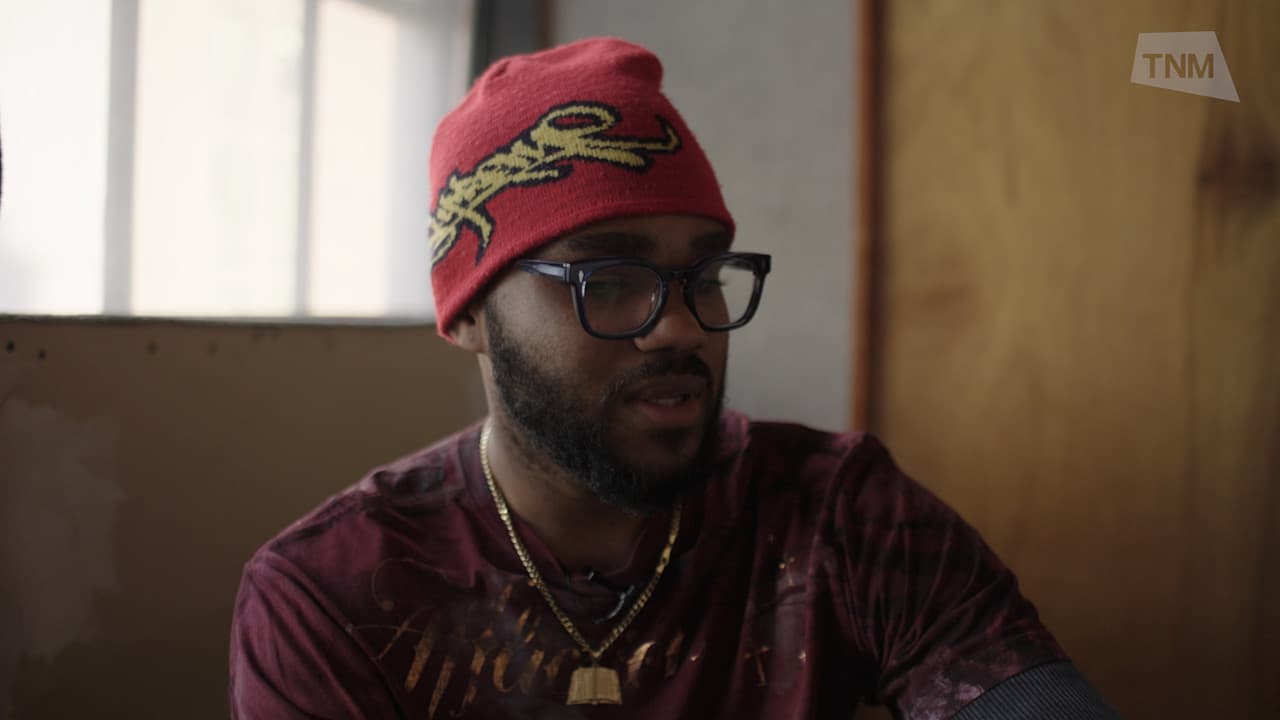Why young men are rejecting "woke" culture
Young men shifted toward Donald Trump in the 2024 presidential election in a notable change from recent years, when most male voters under 30 backed the Democratic candidate. This shift coincides with recent research that indicates young men are shifting to the right and embracing conservative culture, diverging from their female counterparts. Kiki Sideris talks to three men, Ryan Leonard, Rusat Ramgopal, and Niko Dupre, to find out how they really feel about politics in an increasingly polarizing world
“With Trump and his camp, I feel more free to express myself,” says Niko Dupre, a 25-year-old aspiring rapper and graduate student at New York University.
Dupre identified as an independent until 2020, when he felt like he couldn’t share his opinions about topics like the COVID-19 pandemic without facing harsh criticism from his peers. In his eyes, “woke culture” had become too intolerant of his beliefs.
That’s when he turned to president-elect Donald Trump, whose campaign often embodied the antithesis of “woke,” a liberal movement that was meant to promote equity and inclusion, but instead became polarizing.
“Everything woke turns to shit,” Trump said at a rally in Alabama in 2021.
Not only was this an indictment that fueled his 2024 election campaign, but a direct response to young men in America, many of whom have felt left behind by “woke” culture.

Niko Dupre, 25, identified as an independent until he felt that “woke culture” had become too intolerant of his beliefs
Young men answered Trump’s call in the voting booth. 56 percent of men under 30 voted for Trump in 2024 — a 15 percent spike in the demographic from the previous election in 2020.
“Inherently, all men love Trump,” says Ryan Leonard, 20, a YouTuber who was raised in a liberal family but turned to Trump after feeling stifled from expressing his opinions. “He’s just the ideal American.”
A few months before the election, Leonard considered abstaining from voting altogether. He felt that Kamala Harris’s campaign was too focused on women’s issues and that she failed to provide solutions to the issues he cared about most: Immigration, the threat of going to war, and censorship.
Leonard wasn’t totally sold on voting for Trump until the former president started engaging with popular podcast hosts at the end of his campaign.
One standout appearance was Trump’s three-hour conversation with Joe Rogan, a controversial host who has been a consistent presence at the top of the podcast world since starting his show “The Joe Rogan Experience” in 2009.
“Just the fact that he was willing to do it represents what a lot of people are looking for in their candidate, to have someone who’s a real person, who can freestyle,” Leonard said. “One of the things that people critcized Kamala for most was the fact that she said the same thing at every speech.”

Ryan Leonard, 20, admires Trump’s ability to speak unfiltered for three hours on Joe Rogan’s podcast.
Male influencers associated with the right – including the Nelk Boys, Logan Paul, and Adin Ross – helped move the needle in favor of Trump this election. Most of them don’t explicitly focus on politics. Instead, they make content about self-help, gaming, or pranks. That’s a huge part of the appeal for many young men.
When Trump appeared on each podcast, he discussed not only his policies and vision for the U.S., but he allowed voters to peek into his life beyond politics. He showed genuine curiosity about comedian Theo Vonn’s cocaine addiction. He danced with video game streamer Adin Ross at Mar a Lago. Canadian-American YouTube pranksters the Nelk Boys spoke with Trump about golfing, his family, and music, and even got the chance to ride with him on his private jet, Trump Force One. Many of these interviews are raw and unedited, which is rare for a politician to agree to.
It’s worth noting that some of these influencers have come under fire for their own controversies. Logan Paul famously posted a video showing recently deceased suicide victims in 2017, and Adin Ross, who was inexplicably banned from streaming platform Twitch last year, has previously livestreamed with self-proclaimed “misogynist” Andrew Tate.
Their ongoing success and popularity with young men reflects a pushback against “cancel culture,” a symptom of “woke” culture where individuals are ostracized for actions that are viewed as unacceptable.
At a time when Joe Rogan gets 11 million views per episode while CNN gets a primetime audience of 700,000 on its best day, Trump’s podcast appearances mark a strategic move by his campaign, one meant to humanize the candidate, especially in the eyes of young men.
Trump was also able to reach young men beyond the internet.
For the last few years, Rusat Ramgopal, 24, has been campaigning for Republicans in Ozone Park, Queens. It’s a traditionally working class neighborhood where residents typically vote Democrat, but that changed in a major way this year.
In 2024, more Ozone Park residents voted for Trump and Republicans than ever before. It’s a snapshot of Trump’s increasing strength among working-class voters and non-white Americans.
Ramgopal believes that the area’s Democratic representatives have failed young men in their messaging, especially on social issues.
“You have people who are not minorities themselves speaking on behalf of minorities, sort of self-appointing themselves as the ambassadors of minorities, going on and saying the most extreme policies possible,” Ramgopal said of rhetoric associated with liberal messaging, such as “Defund the Police,” which gained popularity among activists during the 2020 Black Lives Matter movement, but has since fizzled out from mainstream Democratic messaging.
“That sort of arrogance is why they [Democrats] lost these voters,” Ramgopal continued.

In 2024, more Ozone Park, Queens residents voted for Trump and Republicans than ever before. It’s a snapshot of Trump’s increasing strength among working-class voters and non-white Americans.
The 2024 election proved that young men’s votes were not a given, according to Dr. Katrina Gamble, a voter behavior researcher and Chief Executive Officer at Sojourn Strategies.
“The vote this cycle was an indictment on the status quo and people feeling like politicians in the government weren't delivering for them,” Gamble said. “And on the other side, there's this increased cynicism among young men, feeling like no one is listening to them, that they're not being paid attention to.”
To engage young men moving forward, Gamble advises that campaigns must focus on listening to them, leveraging trusted messengers, and openly addressing pressing issues like debt and housing. Beyond politics, she says that young men are craving community more than ever before, so creating community spaces will be key to mobilizing this demographic.
The question is: Will Democrats be able to win young men back?